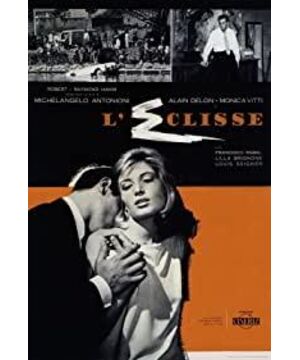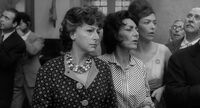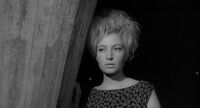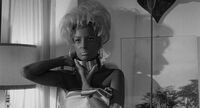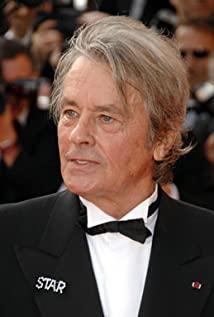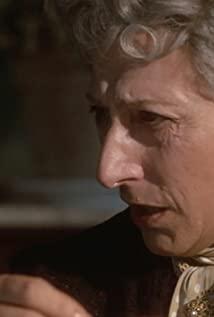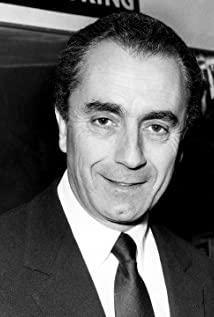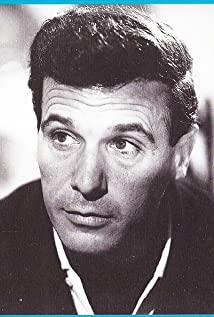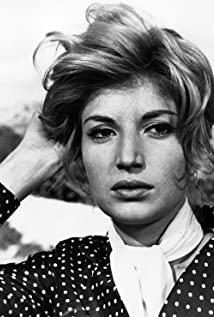The book said he was talking about women who had abandoned their lover for no reason and then became bored with their new partner. Human behavior is never without reason, even if it is a deliberate behavior, it is all from his thoughts. I don't think so. What the director wants to show is the confusion of people's self-worth at that time, the inability to recognize the word "I", and when all the world around them has fallen into disregard and ignorance of life, the heroine's self-confidence. The pursuit and exploration of value and life experience. She looks for vitality, but seems to be a most different individual. But people are still the same in the end, the man who was almost bankrupt and still painted small flowers, the drunkard who died in the river, the man who was still hopeless after lingering with the heroine, not all the same, not all the same. How could the wind hidden in that era only blow her hair? To use the scenery to describe the insignificance of people, the quiet wind never carried its emotions, and only people were left with self-pity for it. Using crowdedness to describe people's selfishness and indifference, even a minute of silence in the exchange is more like a farce. There is no sadness and nostalgia for the deceased in the silence, how ridiculous and how mocking. Standstill, restore, the characters have not changed. Unchanging is standing, change is draining. People are the source of confusion. Love this ending. Later, I wondered whether she had fallen into self-doubt because she didn't fully surrender her love, or whether the love of others had made her fall into a hopeless imagination.
View more about L'Eclisse reviews


